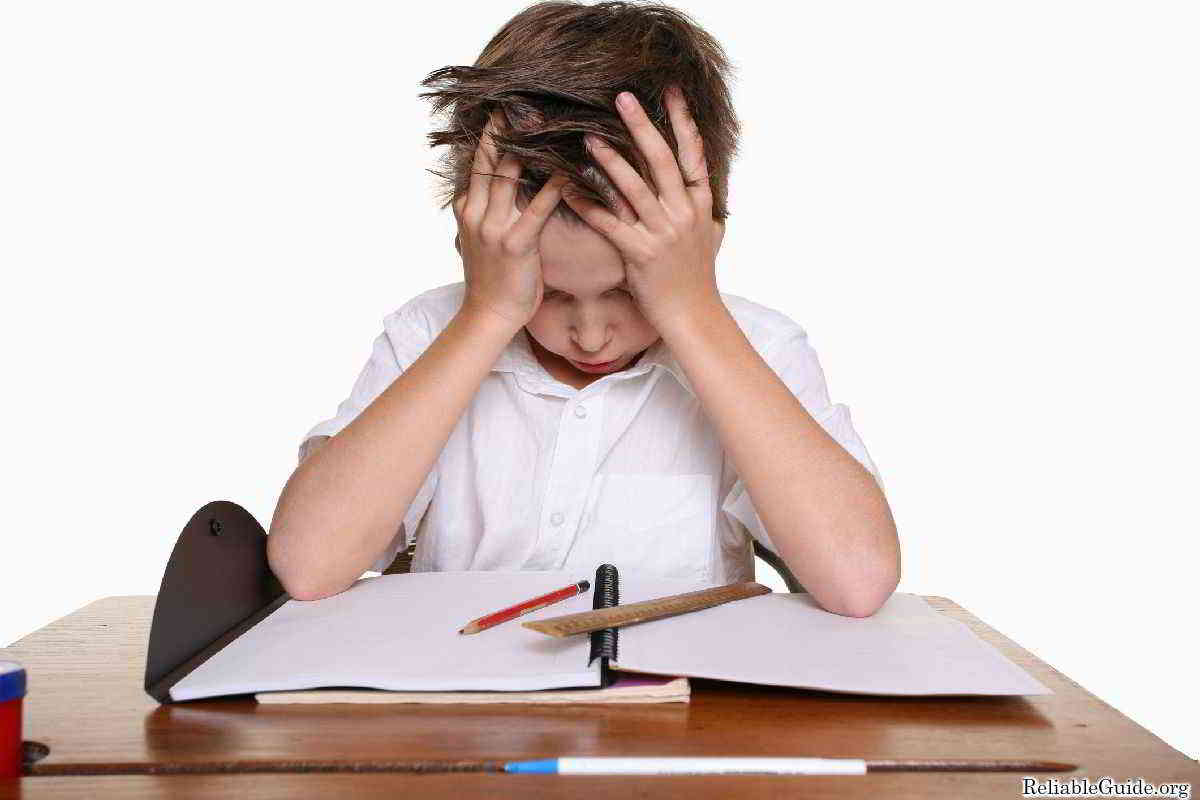
Attention deficit problems
My son, Kairav, 14 years old is in the 10th standard. Since he was about 7-8 years old, in the 2nd standard, he is extremely hyperactive. He is very intelligent and knows everything, but keeps on making silly mistakes all the time. As a result, he gets very less marks. It is also difficult for him to complete his homework on time. Sometimes he does the writing in such a haphazard manner that it becomes difficult to decipher what he has written. With passing time, he has become increasingly mischievous and there are a lot of complaints from school these days. He takes on the leadership mantle in all the mischief at school and as a result is always in the bad books of the teachers. Even in his tuition classes, he often forgets his books and now has started to lie a lot. He grows increasingly irritable because he is left behind in all the activities. However, if he wishes, he is able to complete his work on time when there is a reward waiting. I have read about Attention Deficit Hyperactivity Disorder. Is Kairav suffering from it and if yes, what should I do about it?
The chief symptoms of Attention Deficit Hyperactivity Disorder are that Kairav would fail to observe rule governed behavior and unable to learn or follow the common rules of any situation at school, games or home. He would fail to give close attention to details or make careless mistakes in schoolwork or other activities. He would have difficulty in sustaining attention and often does not seem to listen when spoken to directly. He would have difficulty organizing tasks and activities and would avoid or dislike tasks that require sustained mental effort. He would lose necessary things like books, pencils, pen or eraser. He would be easily distracted by extraneous stimuli. If he were sitting in a class, he would be fidgety with his hands or be squirming in his seat. He would be tempted to leave the classroom either to drink water or for other activity more often than others. It would be difficult for him to play or enjoy leisure activities quietly. He would talk excessively and often blurt out answers before the question is asked. He would be jumping to conclusions or impatiently guessing all the information behind the question. He would have difficulty awaiting his turn and have a tendency to intrude on others. He would often shift from one uncompleted activity to other. It would be difficult for him to sit quietly when watching a television show or a movie. He may have a tendency to do dangerous things without a regard for consequences. This makes him more vulnerable to accidents also. These problems would be present both at home and at school. The teachers and parents would be yelling at children like Kairav. The peers would reject him as he irritates them by interrupting, failing to finish games and so forth. This tends to make him unpopular and make him appear mean and inconsiderate. This can lead to low self-esteem, withdrawal and depression.
What you can do?
You have to put a multimodality intervention of medicines, educational remediation and behavioral modification. Amongst medicines, stimulants like methylphenidate are the most widely acclaimed. In behavior modification, parent training is best established. It includes ways to track behavior, establishment of a reward system, use of point or star charts, how to catch the child being good, issuing clear commands, establishing clear house rules, time out procedures, response cost – the loss of a previously earned reward, and implementation of a daily report card in collaboration with the school teacher. The help of the school class teacher should be elicited. Although many teachers now know something about this problem, often recognize it, they may not know how to handle it in the classroom. Useful classroom management tactics include extra classes, pairing with a selected good-model student rather than working in large groups, teaching peers to reinforce and working in alliance with parents. One good bridge between home and school is a daily report card on which several target behaviors are tracked over several intervals during the day. This is then rewarded as per the percentage of success obtained in being able to achieve mastery over the issues. One important area is to teach sports skills and social skills. Individual sports are better to teach impulse control and to enhance self-discipline and his sense of well being and self-esteem. You should also reward him for accurately reporting observations of his own behavior and whether the behavior is good or bad. Educational remediation is recommended for Kairav if you feel that he has fallen behind academically. It is important to put him back on the developmental track. The remediation is done in special education programs. This can be done for one or two periods in a day to work on their deficit areas like mathematics, while remaining mainstreamed in the regular class. With time, the overactivity tends to mellow into subjective feelings of restlessness, but the attention and poor school performance problems continue creating problems at home also. The association of attentional problems with oppositionalism, defiance and antisocial traits is established. Therefore, if Kairav has started to lie, it is not surprising. Setting up a structure as above will also reduce his embarrassment and his need to lie. However, you will have to be prepared for a structured treatment for a number of years as all the interventions can help only in containing the problem and not really being able to solve it.



